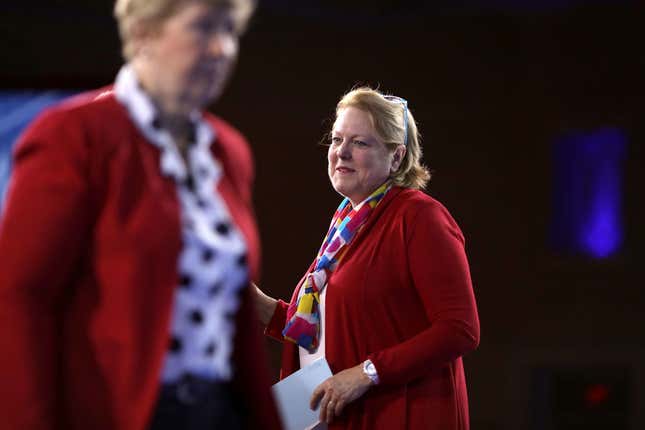
House Democrats are scheduled to hold a hearing today to discuss Supreme Court ethics and the possibility of impeaching justices, as reported by The Hill. Last month, Sen. Cory Booker (D-NJ) called for Justice Clarence Thomas’s recusal when ruling on lawsuits challenging the results of the 2020 election.
Since the texts of Ginni Thomas, wife of Supreme Court Justice Clarence Thomas, surfaced, calling for then-White House chief of staff Mark Meadows to overturn the 2020 Presidental election, judicial rules have been rightfully scrutinized. Supreme Court Justices only recuse themselves from cases voluntarily. Justice Thomas was the only no vote in a former President Trump document case that even his fellow conservative judges voted in favor of.
Rep. Hank Johnson (D-Ga), the House Judiciary courts subcommittee chairman, distributed a memo “exploring codes of conduct for federal judges outside the Supreme Court and summarizes legislative proposals to impose ethics requirements on Supreme Court justices.” The memo obtained by The Hill also takes a look into Congress’s impeachment authority in the Constitution as one form of regulation of the conduct of Supreme Court justices.
Last year, Johnson introduced the Supreme Court Ethics Act, attempting to instill a Supreme Court “code of conduct.” Rep. Mondaire Jones (D-N.Y.) spoke to the need for “strong ethics” laws, citing Justice Thomas’s inability to recuse himself despite the revelations.
“The Supreme Court has long operated as though it were above the law. But, Justice Clarence Thomas’ refusal to recuse himself from cases surrounding January 6th, despite his wife’s involvement, raises serious ethical — and legal — alarm bells,” said Rep. Mondaire Jones (D-N.Y.), vice chair of the House Judiciary courts subcommittee.
“The need for strong, enforceable ethics laws is clearer than ever. We have to do more to hold the Court accountable and restore public trust through a binding code of ethics and recusal.”

